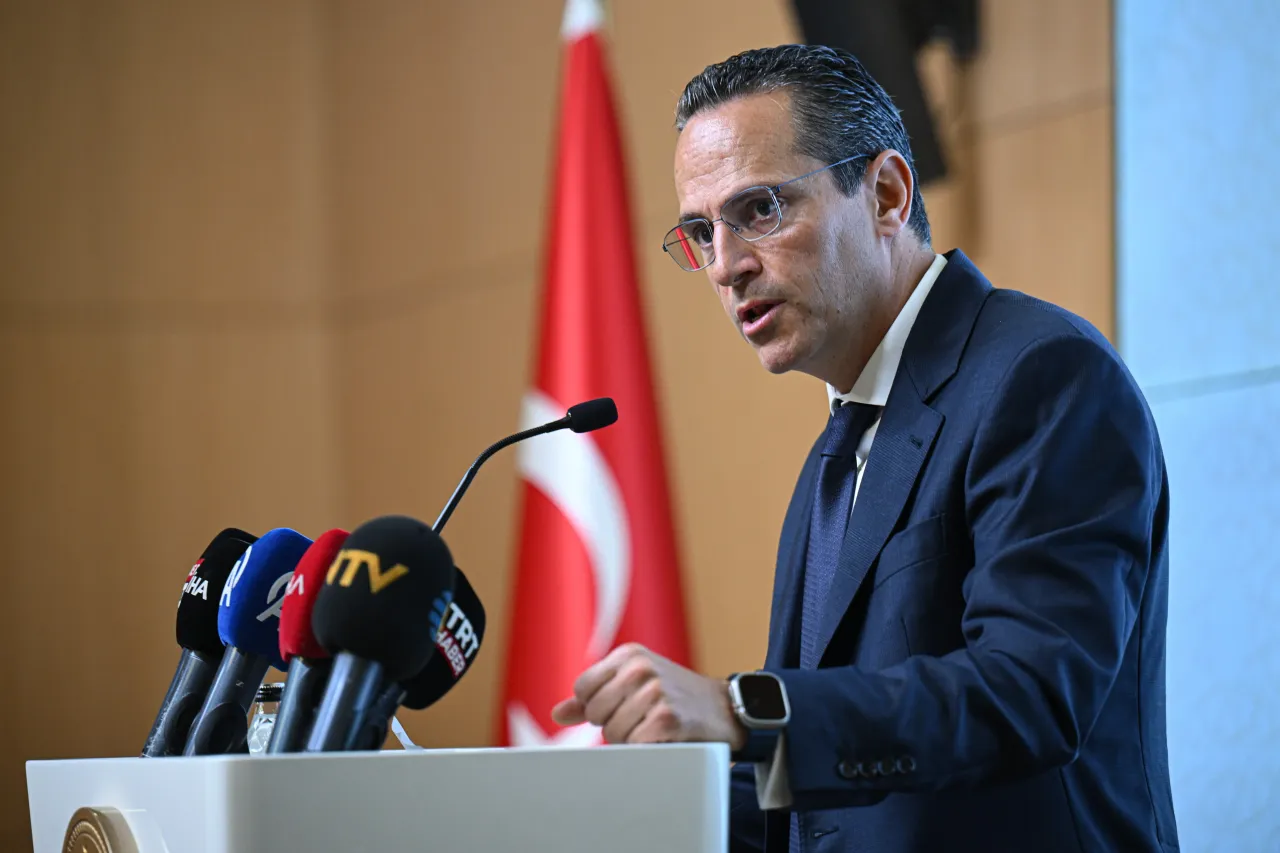Advertisement|Remove ads.
Shell CEO Rules Out BP Deal Again After Pledging $3.5B For Buybacks: ‘I Don’t Buy Bigger Is Better’

Shell CEO Wael Sawan said on Thursday that the company’s focus remains on boosting shareholder returns, and the bar is high for an acquisition.
“I don’t buy bigger is better,” Sawan said in an interview with CNBC. “I think you have to drive it from a value perspective.”
The company had dismissed speculation in June that it was considering buying its struggling London-listed rival BP, which had a market capitalization of approximately $84 billion as of its last close, compared with Shell’s $211 billion.
Sawan also highlighted the company’s position as the leading liquefied natural gas firm and its strong market and trading positions. “We have the scale, that’s not our concern. It is how do we leverage that scale by focusing on the areas where we have competitive strengths and the areas where can create value,” he noted.
U.S.-listed shares of Shell rose nearly 2% in premarket trading as the energy firm pledged another $3.5 billion in share buybacks over the next three months. Retail sentiment on Shell was in the ‘bearish’ territory at the time of writing, while traders were ‘bullish’ about BP.
Sawan added that the company is focused on buying back shares at an attractive yield for the foreseeable future. In March, the oil and gas major committed to raising shareholder distributions to 40% to 50% of cash flow from operations, up from the earlier 30% to 40% range.
Shell’s focus on maintaining buybacks despite oil price volatility has improved investor confidence in the company this year. Shell’s London-listed shares have gained 8% this year, compared to 3.4% gains in Exxon Mobil (XOM) shares and 5.6% gains in Chevron shares.
The company’s second-quarter earnings fell 32% to $4.26 billion, compared to the year-ago quarter, hurt by tepid oil prices as well as volatility in trading that hurt its bottom line. However, it topped analysts' profit expectations.
Shell reported achieving approximately $800 million in cost reductions during the first half of the year, bringing the total decrease in costs since 2022 to $3.9 billion. However, its net debt still rose $43.2 billion compared with $41.5 billion in the previous quarter.
For updates and corrections, email newsroom[at]stocktwits[dot]com.









/filters:format(webp)https://news.stocktwits-cdn.com/large_Getty_Images_140648412_jpg_05552b4117.webp)
/filters:format(webp)https://news.stocktwits-cdn.com/Anushka_Basu_make_me_smile_in_the_picture_b92832aa_af59_4141_aacc_4180d2241ba8_1_2_png_1086e0ed8c.webp)
/filters:format(webp)https://news.stocktwits-cdn.com/large_Getty_Images_912727778_jpg_3bd44c57ad.webp)
/filters:format(webp)https://news.stocktwits-cdn.com/large_Getty_Images_1235943608_jpg_91702ef0ab.webp)
/filters:format(webp)https://news.stocktwits-cdn.com/large_Getty_Images_167578473_jpg_29255f031f.webp)
/filters:format(webp)https://news.stocktwits-cdn.com/large_Michael_Burry_jpg_fa0de6ac92.webp)
/filters:format(webp)https://news.stocktwits-cdn.com/large_winklevoss_1c7de389e0.webp)